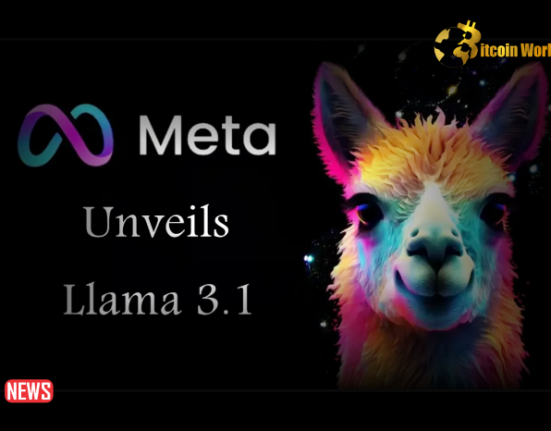- Senior executive resigns from Stability AI, citing ethical concerns over using copyrighted material for AI training.
- Copyright disputes and legal actions intensify as AI generates content without creators’ consent.
- The debate continues: Should AI development prioritize copyright protection or innovation?
A senior executive at tech firm Stability AI, Ed Newton-Rex, has resigned, citing concerns over the company’s stance on using copyrighted material without permission to train its AI products. This decision highlights the ongoing debate within the AI industry regarding the ethical and legal implications of using copyrighted content for AI development.
Exploitative Copyright Practices
Ed Newton-Rex’s resignation: Ed Newton-Rex, former head of audio at Stability AI, expressed his view that it is “exploitative” for AI developers to use creative work without the consent of the copyright holders. He emphasized that this concern extended to all AI firms that share this perspective, which constitutes most of the industry.
Fair use argument: Many AI companies, including Stability AI, argue that using copyrighted content falls under the “fair use” exemption of copyright rules, meaning that the original content owners’ permission is not required for such usage.
The Role Of Copyright In AI Development
AI training with copyrighted data: AI tools are typically trained using vast datasets, often sourced from the internet without explicit consent from content creators. Generative AI, which includes products for creating content like images, audio, video, and music, can generate similar materials or even replicate the style of specific artists.
Newton-Rex’s stance: Ed Newton-Rex, a choral composer, expressed reservations about offering his music to AI developers without compensation. He pointed out that many creators produce content hoping that their copyright will become valuable, but AI practices can undermine this potential.
Ethical Considerations
AI replacing content creators: Ed Newton-Rex noted that without consent, the work of content creators is often used to create competitors and potentially replace them entirely. This raises ethical concerns about the impact of AI on creative industries.
Alternative models: Newton-Rex shared his experience licensing the data used to train his AI audio creator and sharing revenue with rights holders. However, he acknowledged that this model might not be suitable for everyone and that there is no one-size-fits-all solution.
The Future of AI and Copyright
Optimism for ethical AI: Ed Newton-Rex expressed optimism about the future of AI, emphasizing the importance of obtaining permission from content creators before using their work for AI development. He hopes that the industry will adopt a more ethical approach in this regard.
Legal actions: Some creatives, such as comedian Sarah Silverman and author George RR Martin, have taken legal action against AI firms for using their work without permission. Instances like these highlight the contentious nature of the issue.
Read Also: Stablecoins Can’t Be Trustworthy Payment Means: BIS
Spotify controversy: A track featuring AI-generated voices of music artists Drake and The Weeknd was removed from Spotify after it was discovered to have been created without the artists’ consent. The debate over whether AI should be completely banned from the platform ensued.
Legal battles: Stability AI faced legal action from the Getty Image Archive, which claimed that the company had scraped millions of its pictures and used them to train its AI image generator, Stable Diffusion. Legal disputes like this underscore the challenges surrounding using copyrighted material in AI development.
Protecting Copyrighted Material
News organizations’ response: Some news organizations, including the BBC and The Guardian, have taken measures to prevent AI firms from scraping their content from the internet. This demonstrates a proactive approach to safeguarding copyrighted material.
The resignation of Ed Newton-Rex from Stability AI underscores the ethical and legal complexities surrounding the use of copyrighted material in AI development.
While some AI companies argue that such practices fall under “fair use,” the debate continues to intensify, with content creators and industry players seeking to strike a balance between innovation and respecting intellectual property rights.
The outcome of ongoing legal battles and industry discussions will likely shape the future landscape of AI and copyright.
Disclaimer: The information provided is not trading advice. Bitcoinworld.co.in holds no liability for any investments made based on the information provided on this page. We strongly recommend independent research and/or consultation with a qualified professional before making any investment decisions.














